A lot of items will last in your fridge, pantries, or cupboards for months, and you’ll rarely have to throw them away as you use them up before they can spoil. But what’s interesting is that, in fact, a lot of these items you thought would never spoil actually do. Here are some of these everyday items that’ll have you wondering the most.
Baking Soda
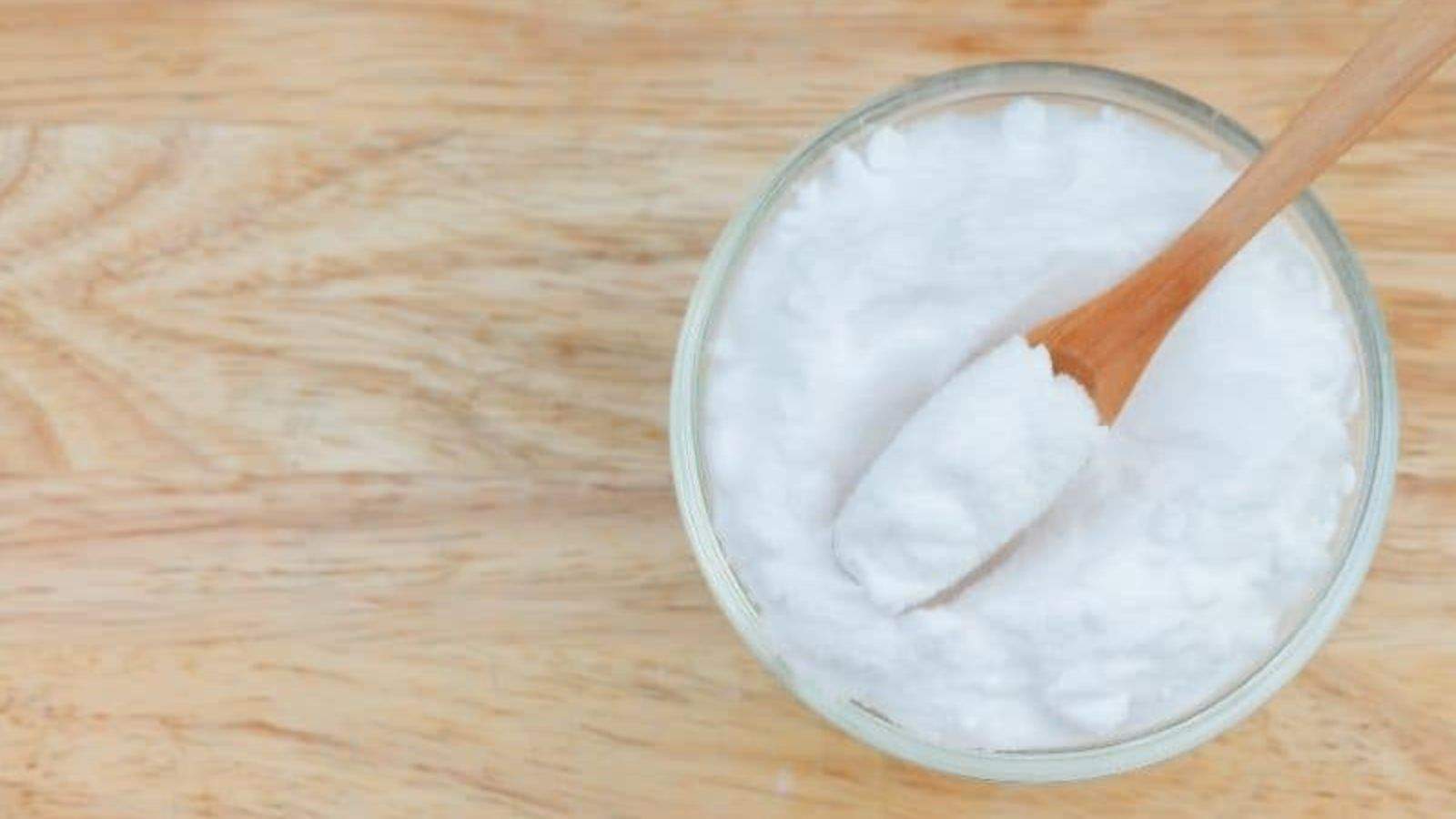
While it seems counterintuitive, baking soda will also spoil over time. Typically, it remains effective for about 18 months to two years, but after this period, it loses its leavening power, affecting your baking results. However, expired baking soda may still be useful as a cleaning product, preventing you from wasting it.
Bleach

Another surprising product that you’d never expect to spoil is bleach. This powerful disinfectant will diminish in effectiveness over time, starting to degrade around six months after opening. Using expired bleach can lead to ineffective cleaning and sanitizing, so it’s important to track its use-by date for optimal results.
Hydrogen Peroxide
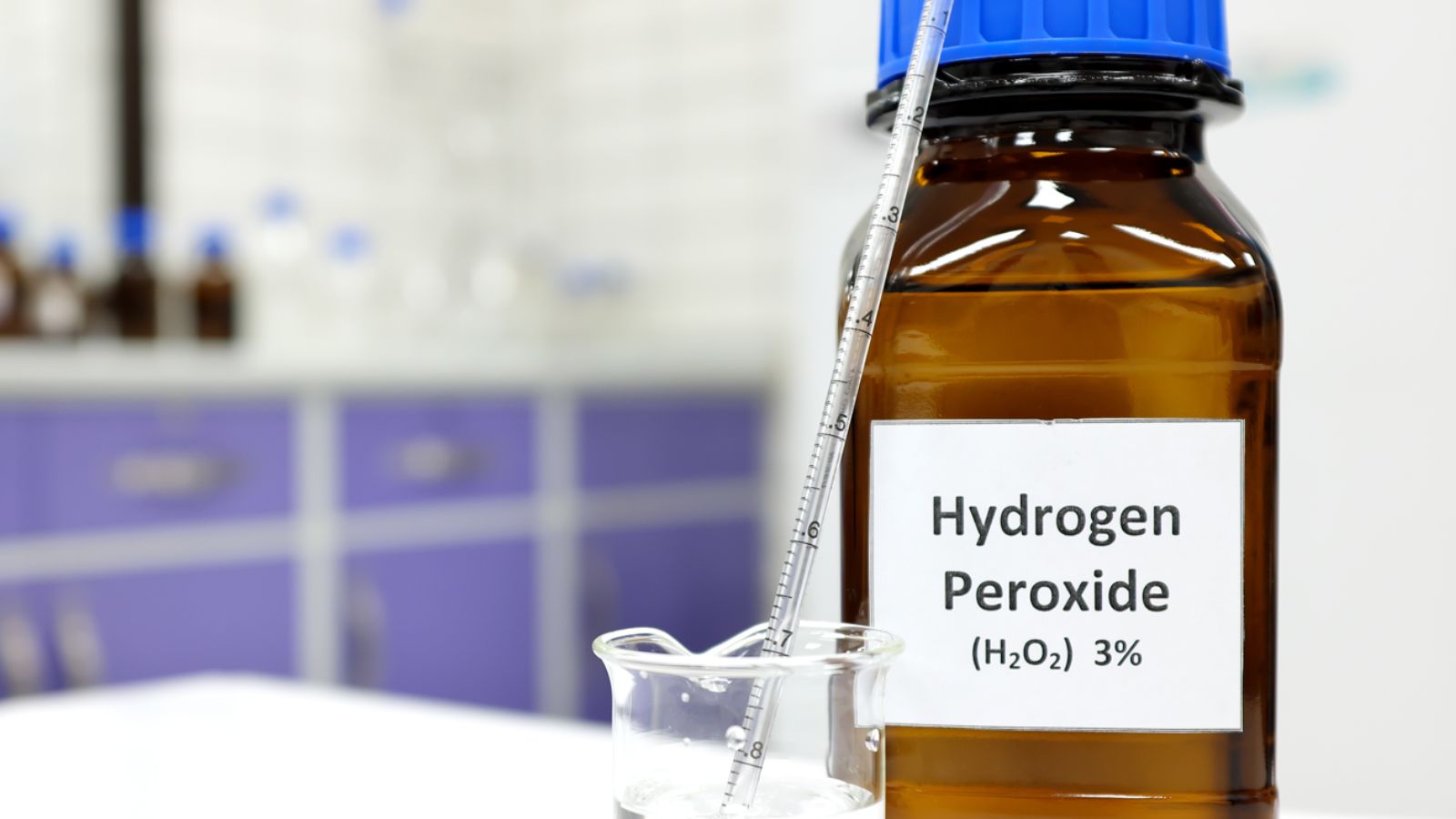
You might not realize that hydrogen peroxide decomposes into water and oxygen over time, meaning that, just like bleach, it will lose its disinfecting properties. Generally, an unopened bottle lasts for about three years, but an opened bottle will only be good for about six months.
Toothpaste

Believe it or not, toothpaste loses its effectiveness over time. Healthline points out that this is because the fluoride can degrade, making it less effective at preventing cavities, so it’s best to replace toothpaste every two years to ensure your teeth receive maximum protection. Always check the expiration date on the tube to maintain optimal oral health, and avoid buying toothpaste in bulk, preventing waste.
Sunscreen

Another everyday item that people don’t realize expires is sunscreen, which, much like toothpaste, becomes less effective as its chemicals break down. An expired bottle won’t provide the necessary protection against UV rays, which can be seriously dangerous, so make sure you check the expiration date to avoid skin damage or even cancer.
Spices

Few chefs realize that spices don’t last forever; they lose their flavor and potency over time, making them useless. Ground spices generally last about two to three years, while whole spices can last up to four years. To check for freshness, rub a small amount between your fingers, and if the scent is faint, it’s time to replace them.
Rubbing Alcohol
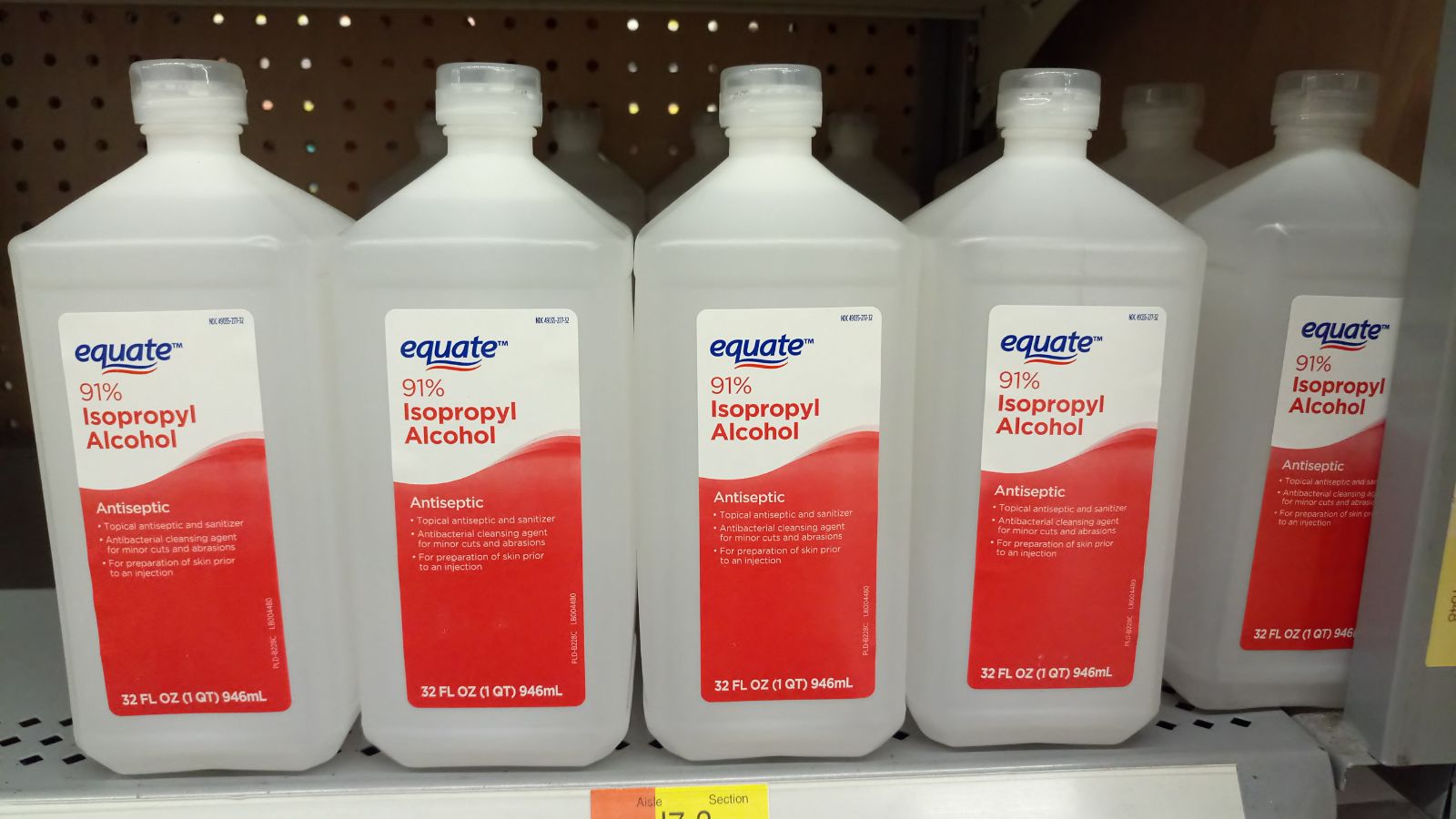
Despite seeming like it would last forever, rubbing alcohol will spoil after around two to three years, often making it unsuitable for bulk buying. After this period, its ability to kill germs decreases, which could be unhygienic. However, you can maximize how long it will last by always storing it in a cool, dark place.
Motor Oil

Every year, cars fail their drivers because they don’t realize that motor oil can degrade, which is particularly common if the engine is exposed to extreme temperatures. For this reason, most manufacturers recommend using motor oil within five years of the production date because otherwise, old oil will cause engine sludge and reduce the performance of your vehicle, potentially even damaging it.
Paint

While it might seem invisible, paint does have a shelf life, although that is usually around two to ten years, depending on the type and storage conditions. Over time, paint can separate and become unusable, so to keep your paint in good condition, store it in a cool, dry place and ensure the lid is tightly sealed after each use.
Bug Spray
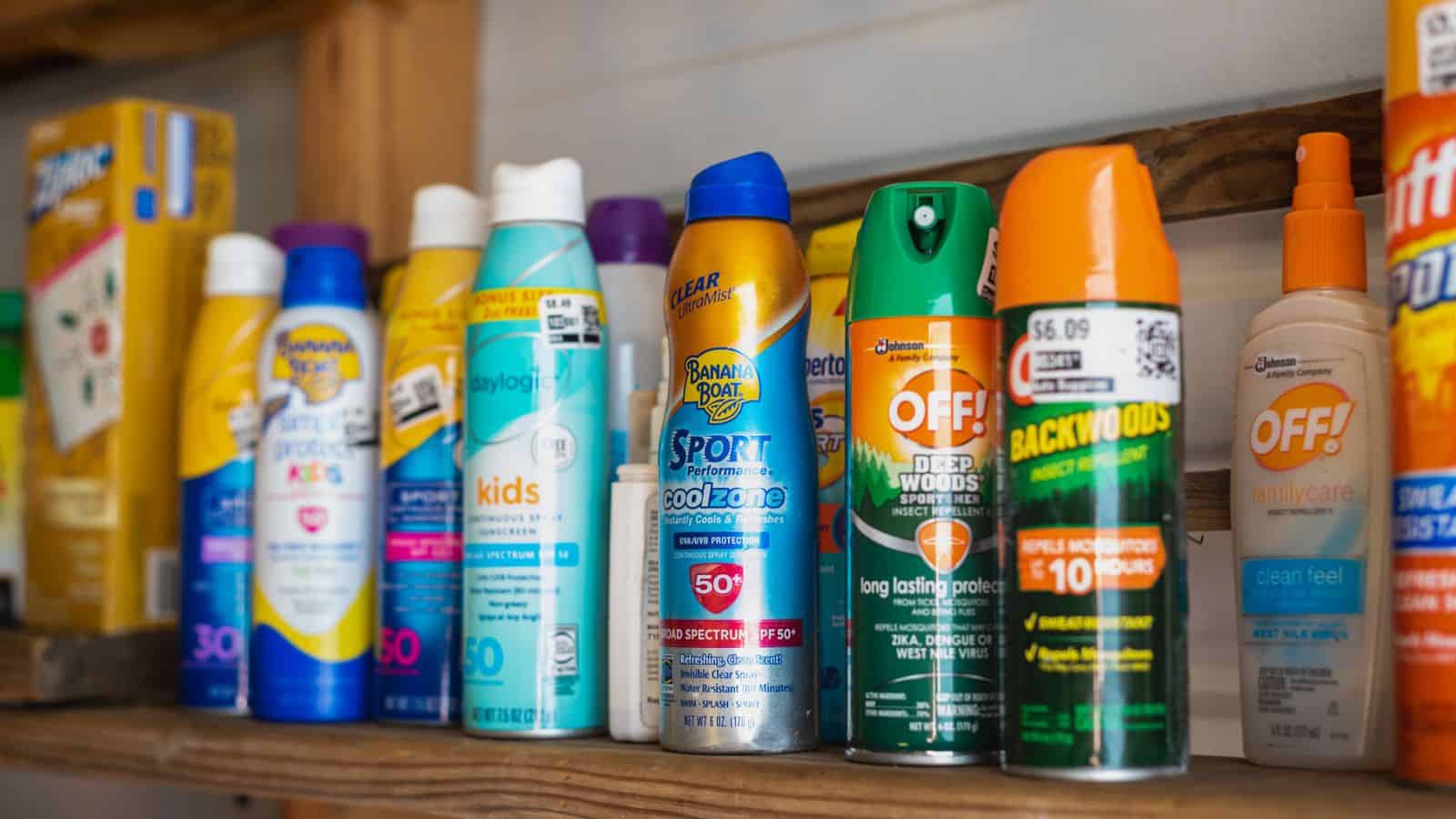
Be careful about keeping old bug spray around the house because it loses effectiveness over time, reducing its ability to repel insects and spreading nasty solvents around your home for no reason. Typically, it remains effective for about two years, so it’s important to check the expiration date and replace it to ensure effective protection during outdoor activities.
Shampoo and Conditioner
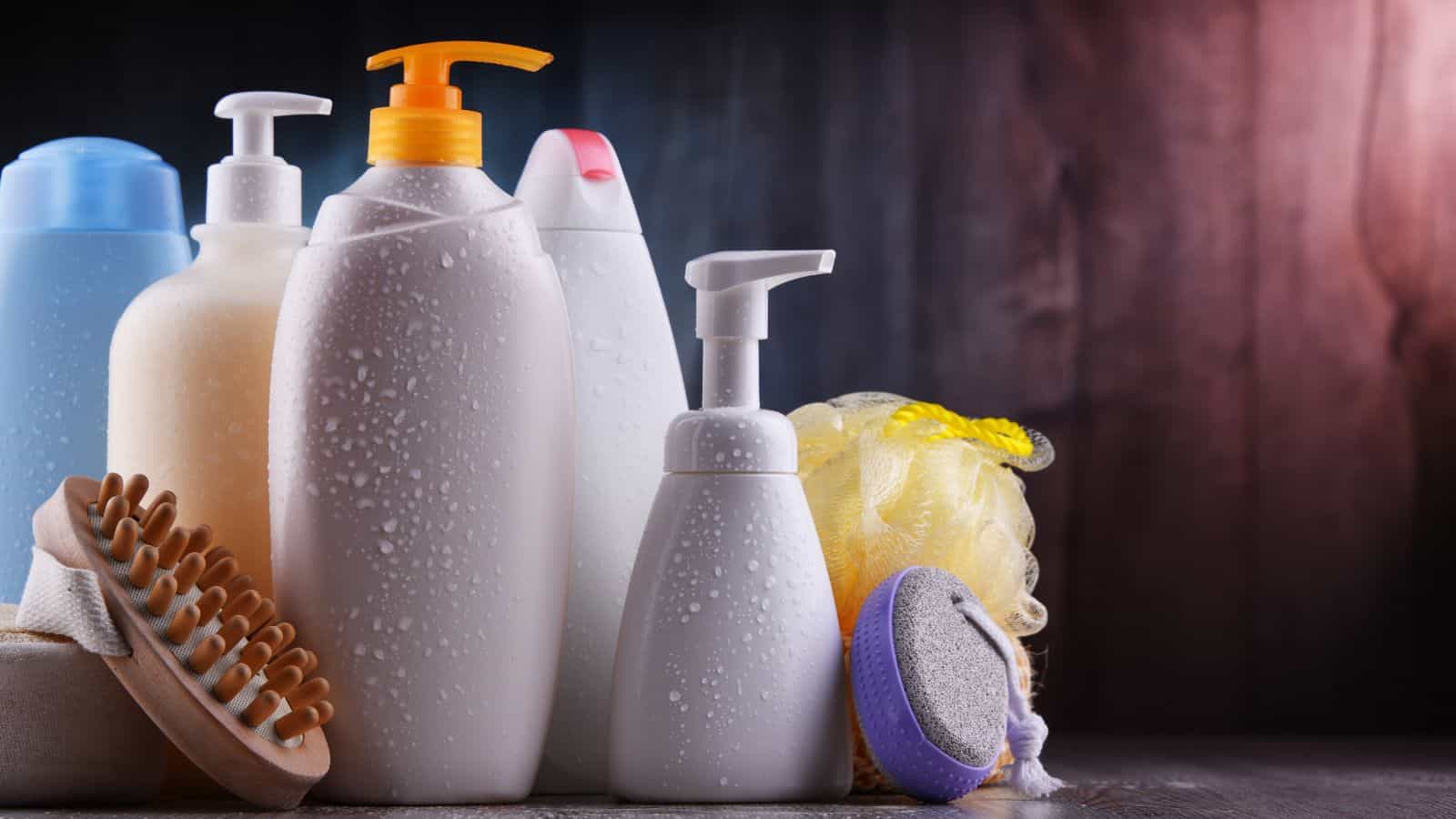
Contrary to popular belief, shampoo and conditioner have expiration dates, usually around two to three years. Over time, the preservatives in these products break down, leading to changes in texture and effectiveness. As a result, using expired hair care products can result in less clean hair and potential scalp irritation, which nobody wants.
Disinfecting Wipes
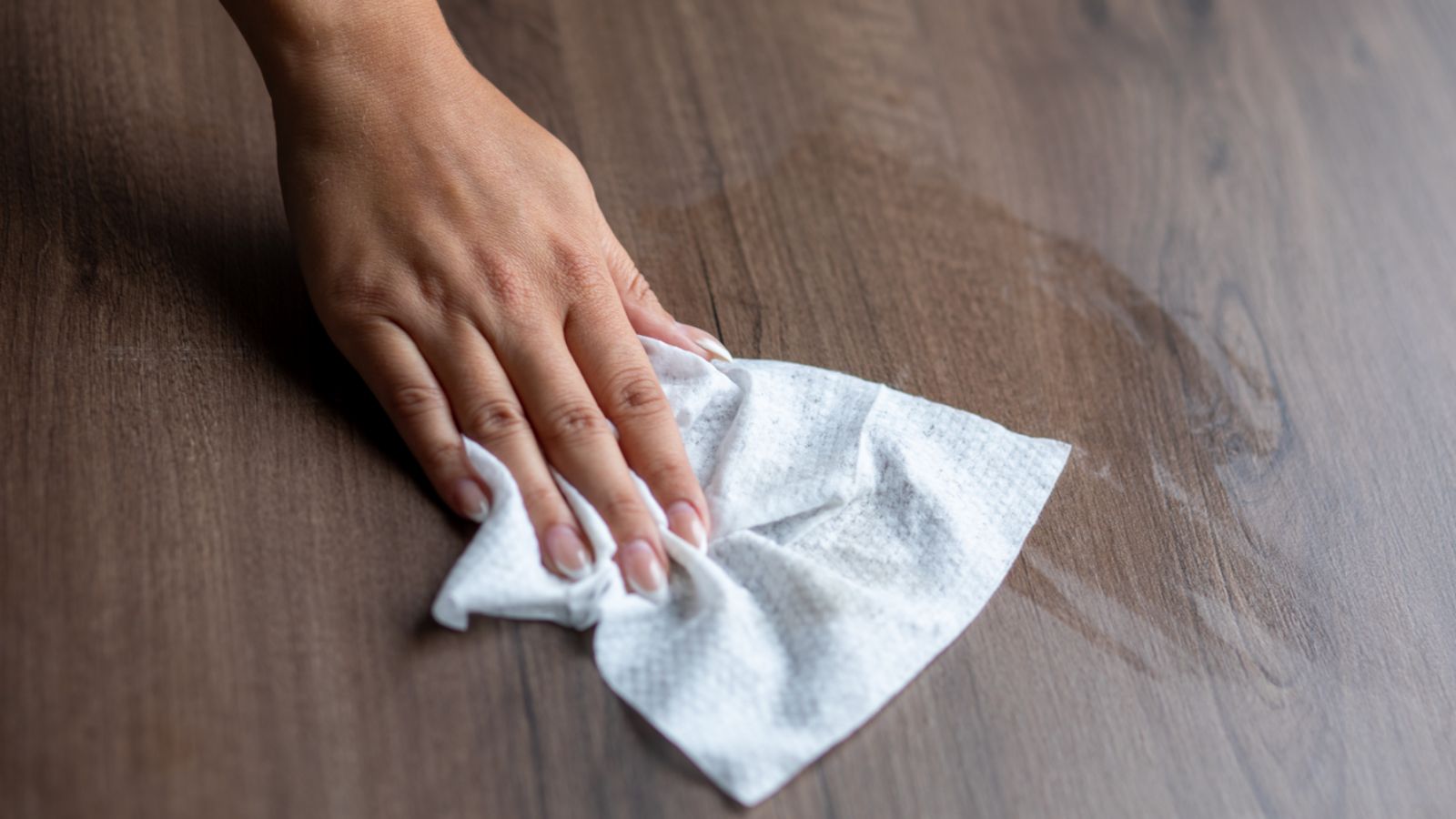
If you’ve ever left a pack of disinfecting wipes open, you’ll have seen how fast they can dry out and lose their effectiveness. This can even happen without them being open, with most brands having a shelf life of about two years. Using these wipes may not properly sanitize surfaces, leaving germs behind, which is pretty gross.
Perfume and Cologne

Despite what people think, perfume and cologne will change scent and potency over time, making them useless. Thankfully, they still last a while, generally having a shelf life of about three to five years. However, exposure to heat and light can accelerate their degradation, so keep your bottles away from windows.
Lotion
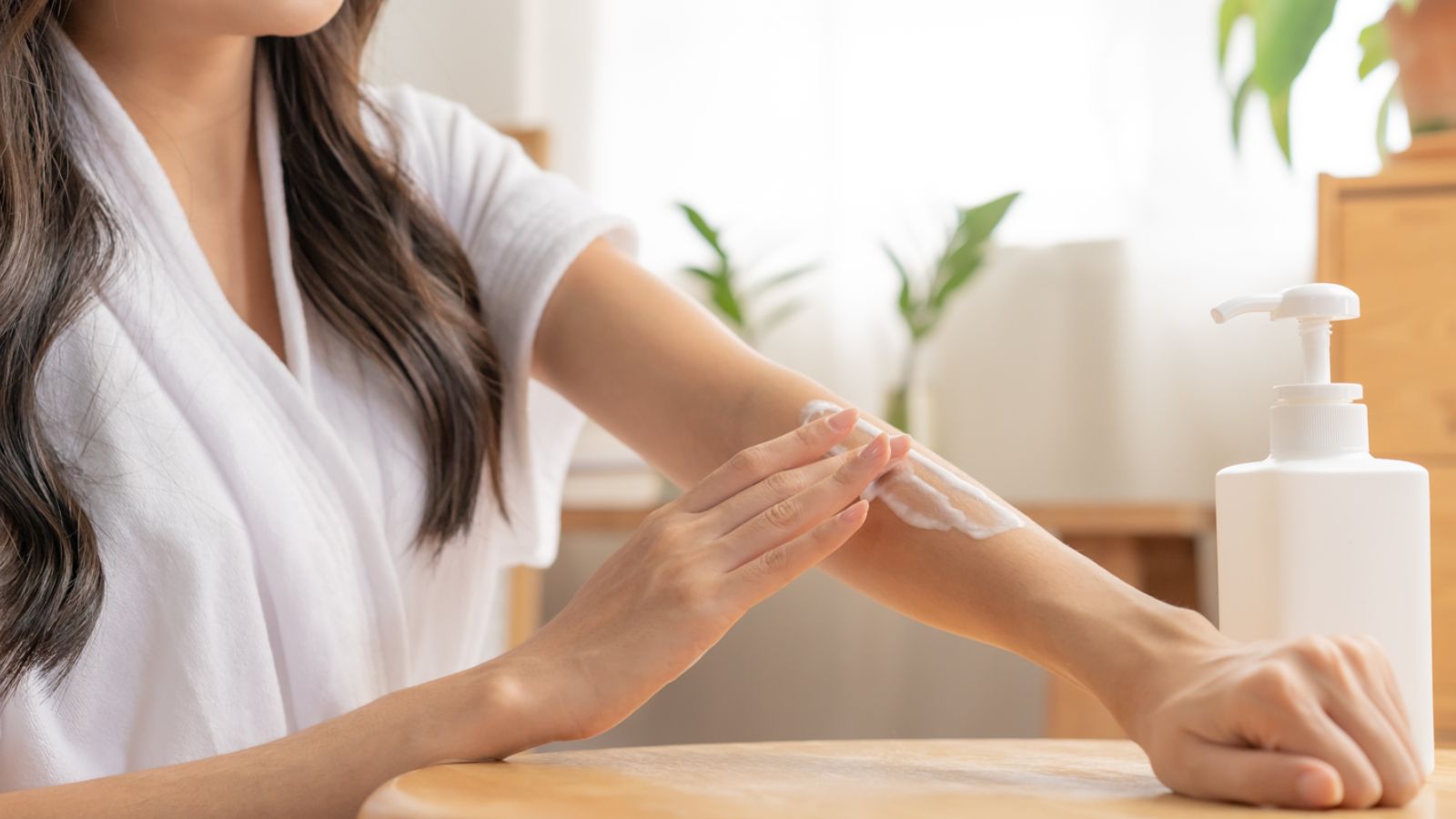
Over time, lotion can separate and lose its moisturizing properties, although not for around a year or two. Always check the expiration date and replace lotions to maintain healthy, moisturized skin because using expired bottles won’t provide the desired hydration and can even cause skin irritation.
Batteries

Despite them seeming like they’ll last for decades, batteries lose their charge over time, even when not in use. Typically, alkaline batteries have a shelf life of about five to ten years, while rechargeable batteries last about two to five years. Using expired batteries can result in poor performance or leakage, so make sure you check their production date to avoid being let down.
Ink Cartridges

Even though ink isn’t used for eating or cleaning, cartridges can still dry out and clog over time. Generally, they last about one to two years, but using expired ink cartridges can lead to poor print quality and printer malfunctions. To ensure optimal printing results, store cartridges properly and replace them before they reach their expiration date.
Medication

Perhaps the most dangerous item that people don’t realize expires is medication, which can lose its potency and effectiveness surprisingly quickly. Unsurprisingly, using expired medication can lead to reduced efficacy or even potential harm, so it’s very important to check the expiry date and follow the safety instructions on how to store them.
Fire Extinguishers

Another risky item that you need to know will expire eventually is fire extinguishers, which generally have a shelf life of around five to fifteen years. This may sound like plenty of time, but they’re rarely used, and as a result, your home or office might have an out-of-date extinguisher. This can be very dangerous, as you won’t realize until an emergency appears, so check and replace them if necessary.

